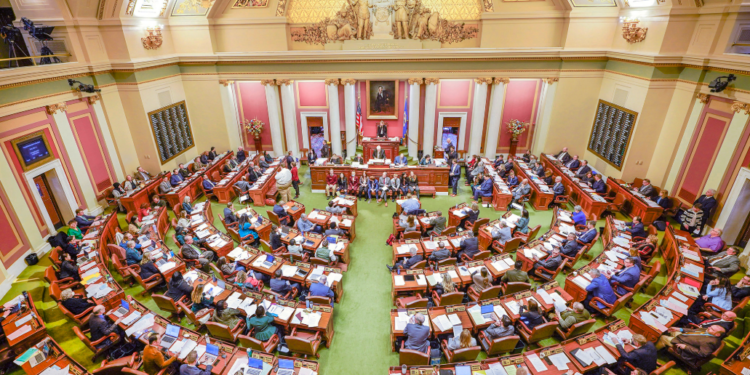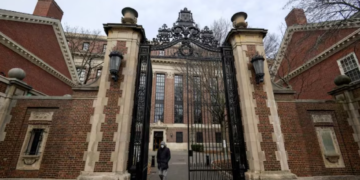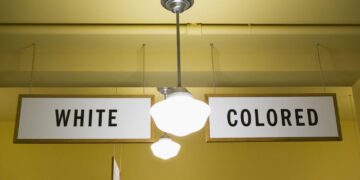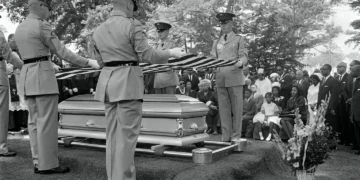Nov 20, 2024 Story by: Editor
Lakeisha Lee’s sister, Brittany Clardy, would have celebrated her 30th birthday on June 29.
However, Clardy disappeared in 2013 at the age of 18. Lee recalls that when her family reported the disappearance, law enforcement dismissed their concerns, suggesting Clardy had likely run off with her boyfriend.
“That’s what they were inferring at first,” Lee explained. “No, that’s not what happened.”
Clardy’s body, showing signs of severe beating, was discovered 10 days later in an impounded vehicle. The perpetrator, who was not her boyfriend, was charged and convicted of her murder.
Over a decade later, Lee continues to advocate for Black women in Minnesota who go missing or fall victim to violence. In 2022, she co-chaired a legislative task force to address this issue and provide recommendations to lawmakers.
One significant recommendation led to the creation of the first state office in the U.S. dedicated to addressing the crisis of missing and murdered Black women. The law establishing the Murdered and Missing Black Women and Girls Office was passed in 2023, with Kaleena Burkes appointed as its inaugural director earlier this year.
“There is an attack on Black women and girls and their families,” Lee said. “We are not being supported properly, and I’m praying that this office will be able to do some research that’ll show some light to that.”
Advocates for the office argue it is urgently needed and are collaborating with other states to establish similar initiatives and seek national support. They point to data highlighting the disproportionate violence faced by Black women and girls.
Statistics reveal that Black women in Minnesota are nearly three times more likely to be killed than white women. Although they represent only 7% of the state’s population, Black women account for 40% of domestic violence victims and 40% of sex trafficking victims nationwide.
“I understand historically what has happened,” Lee emphasized. “So that’s why I have to continue speaking up. That’s why I have to continue talking about it because it’s still happening.”
Leading the New Office
Burkes, the office’s first director, is determined to amplify the voices of those affected.
“Being a Black woman in America, I feel like there have been often times where I’ve been silenced and where I’ve been harmed,” Burkes said. “And when I talk about those experiences to people who should do something about them, they’ve kind of dropped the ball, and so we’re left picking up the pieces ourselves.”
Burkes recounted incidents from her youth, such as witnessing a racial slur directed at a Black student when she was 11, only for school authorities to dismiss the report.
“That moment was pivotal for me because it basically told me I should remain silent about my own harm,” she reflected.
Originally from Detroit, Burkes later moved to Alabama and has lived in Minnesota for eight years.
Before assuming her current role, Burkes worked on the state’s Guardian ad Litem Board for seven years, advocating for children in court and advancing racial equity initiatives. Her experience in criminal justice research at the University of Minnesota Law School further prepared her for this mission.
Having faced personal trauma, including losing both parents before turning 20, Burkes said these experiences have enhanced her empathy for others.
“I think all of that just gives me a different level of empathy for people,” she shared. “And it helps me see the humanity in the people that we’re dealing with.”
Burke’s primary goal is to save lives, even if it’s just one, while offering support to affected families. She also aims to strengthen relationships with law enforcement and expand the office’s team, which is funded to hire six staff members.
Addressing Systemic Challenges
In preparation for her role, Burkes joined the state’s Murdered and Missing Indigenous Relatives Office for a day, searching for Jeremy Jourdain, who disappeared in 2016.
“My thought process was, ‘I can’t hire people and expect them to do this if I’m not willing to do it,’ and it was eye-opening,” she said. “Even though it was informative, it was very heavy to be looking for a young child who may no longer be alive. While I learned a lot, it sort of put into perspective how heavy this can be from day to day.”
The 2022 task force that inspired the office also recommended increasing resources for Black women and girls, improving service accessibility, and hiring more Black professionals in related fields.
A National Call for Action
Minnesota’s initiative could serve as a model for other states. U.S. Representatives Ilhan Omar and Betty McCollum, both DFLers, recently urged President Joe Biden and Attorney General Merrick Garland to establish a national office addressing the issue.
“This complex issue deserves a whole-of-government approach led by your Administration to help all states protect and care for our most vulnerable communities,” read their letter. Source: Sahan Journal

















